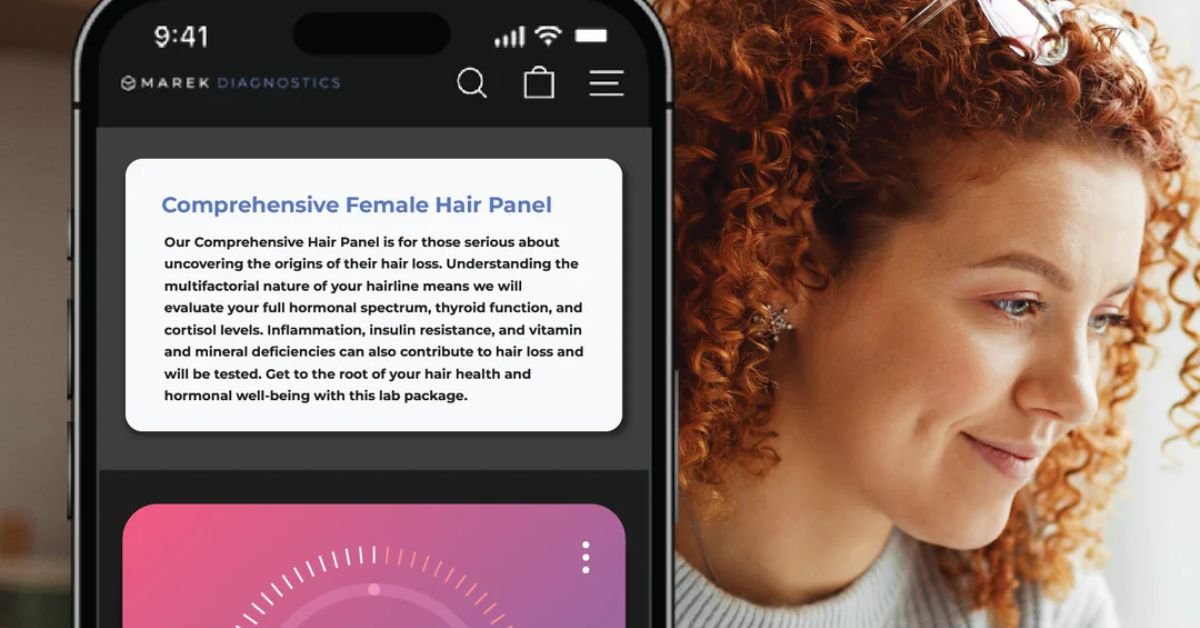In a world often marked by stigma and misunderstanding, individuals who have experienced the depths of depression find solace and empowerment in various ways. Among these, mental health tattoos have emerged as a powerful symbol of resilience, hope, and a silent language of strength. These tattoos, inked on the body, serve as a visual representation of the journey through darkness and the triumphant emergence into light.
The human body is a canvas, a blank slate waiting to be adorned with stories, emotions, and experiences. For depression survivors, tattoos offer a unique opportunity to express their inner struggles and triumphs in a tangible way. These tattoos become a visual manifestation of their mental health journey, a silent testament to their resilience and a source of inspiration for others.
The Power of Symbolism
Mental health tattoos often incorporate powerful symbols that resonate deeply with individuals who have experienced depression. These symbols can range from abstract designs to more literal representations of mental health concepts. Some common themes include:
- The Phoenix: Rising from the ashes, the phoenix symbolizes rebirth, renewal, and overcoming adversity. It represents the ability to transform pain into strength and emerge stronger than before.
- The Sunflower: Known for its resilience and ability to turn towards the sun, the sunflower represents hope, positivity, and the pursuit of light even in the darkest of times.
- The Anchor: Symbolizing stability, strength, and grounding, the anchor represents the support and resilience needed to navigate life’s challenges.
- The Semicolon: Often used in the semicolon project, the semicolon represents a pause in a sentence, a choice not to end it. It symbolizes the decision to keep fighting and persevere through difficult times.
A Silent Language of Strength
Mental health tattoos serve as a silent language, a way for individuals to communicate their experiences without words. They are a visual representation of the internal struggles and triumphs that many people face. By sharing their tattoos, survivors can break down stigma, foster understanding, and inspire others to seek help and support.
More Than Skin Deep
Mental health tattoos are more than just ink on the skin; they are a powerful tool for self-expression and healing. They can serve as a reminder of personal growth, resilience, and the strength to overcome challenges. For some, these tattoos may even be a form of therapy, providing a tangible way to process and understand their experiences.
Breaking Down Stigma
One of the most significant benefits of mental health tattoos is their potential to break down stigma. By openly displaying their tattoos, survivors can challenge negative stereotypes and misconceptions about mental health. They can help to normalize conversations about depression and mental illness, making it easier for others to seek help and support.
A Source of Inspiration
Mental health tattoos can also be a source of inspiration for others who are struggling with depression. Seeing the courage and resilience of survivors can provide hope and motivation. These tattoos can serve as a reminder that it is possible to overcome adversity and find meaning in life.
The Healing Power of Art
Tattoos are a form of art, and like any art form, they can have a profound impact on the individual. The process of designing and getting a tattoo can be a therapeutic experience. It allows individuals to reflect on their journey, express their emotions, and create something beautiful and meaningful.
Conclusion
Mental health tattoos are more than just a fashion statement; they are a powerful symbol of strength, resilience, and hope. These tattoos serve as a silent language, a way for individuals to express their experiences and break down stigma. They can be a source of inspiration, a tool for healing, and a reminder that it is possible to overcome adversity and find meaning in life. As the stigma surrounding mental health continues to diminish, mental health tattoos will undoubtedly play an increasingly important role in promoting understanding, acceptance, and support for those who have experienced depression.




